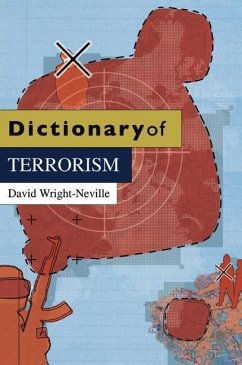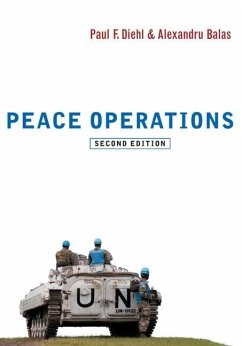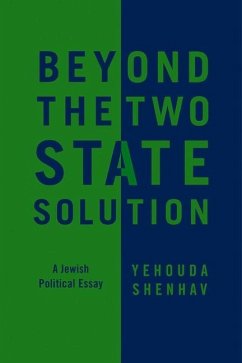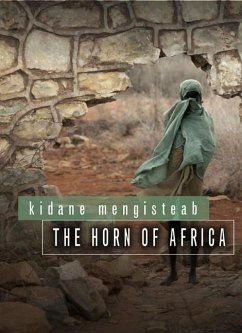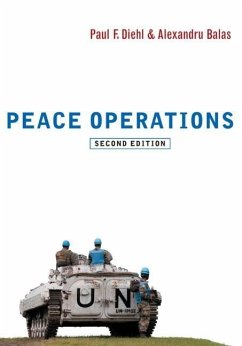
Hamas
The Islamic Resistance Movement
Versandkostenfrei!
Versandfertig in über 4 Wochen
79,99 €
inkl. MwSt.

PAYBACK Punkte
40 °P sammeln!
Declared a terrorist menace yet elected to government in a free election, Hamas now stands as the most important Sunni Islamist group in the Middle East.How did Hamas grow to be so powerful? Who supports it? What is its future? This essential insight into Hamas answers these questions.Milton-Edwards and Farrell have between them spent decades researching and reporting from the heartlands of the Hamas movement and gained unrivalled access to the world of Islamic resistance and radical Islam in its potent Palestinian form.Drawing on their frontline experiences of recent events, their access to s...
Declared a terrorist menace yet elected to government in a free election, Hamas now stands as the most important Sunni Islamist group in the Middle East.
How did Hamas grow to be so powerful? Who supports it? What is its future? This essential insight into Hamas answers these questions.
Milton-Edwards and Farrell have between them spent decades researching and reporting from the heartlands of the Hamas movement and gained unrivalled access to the world of Islamic resistance and radical Islam in its potent Palestinian form.
Drawing on their frontline experiences of recent events, their access to secret documents from the western intelligence community and interviews with leaders, militants, and commanders of Hamas' armed battalions, they reveal the full story of Hamas and the future of political Islam in the Middle East.
Milton-Edwards and Farrell show Hamas to be a broad and thus more powerful regional phenomenon than previously thought, and by doing so contend that it is now time to rethink the war and the nature of Islam and its role in the Middle East.
Beverley Milton-Edwards is Professor in the School of Politics, International Studies and Philosophy at Queens University, Belfast. She is the author of books such as Contemporary Politics in the Middle East (2006) and The Israeli-Palestinian Conflict: a People's War (2009). Prize-winning journalist Stephen Farrell is Foreign Correspondent for the New York Times and was previously Middle East correspondent for The Times.
How did Hamas grow to be so powerful? Who supports it? What is its future? This essential insight into Hamas answers these questions.
Milton-Edwards and Farrell have between them spent decades researching and reporting from the heartlands of the Hamas movement and gained unrivalled access to the world of Islamic resistance and radical Islam in its potent Palestinian form.
Drawing on their frontline experiences of recent events, their access to secret documents from the western intelligence community and interviews with leaders, militants, and commanders of Hamas' armed battalions, they reveal the full story of Hamas and the future of political Islam in the Middle East.
Milton-Edwards and Farrell show Hamas to be a broad and thus more powerful regional phenomenon than previously thought, and by doing so contend that it is now time to rethink the war and the nature of Islam and its role in the Middle East.
Beverley Milton-Edwards is Professor in the School of Politics, International Studies and Philosophy at Queens University, Belfast. She is the author of books such as Contemporary Politics in the Middle East (2006) and The Israeli-Palestinian Conflict: a People's War (2009). Prize-winning journalist Stephen Farrell is Foreign Correspondent for the New York Times and was previously Middle East correspondent for The Times.




